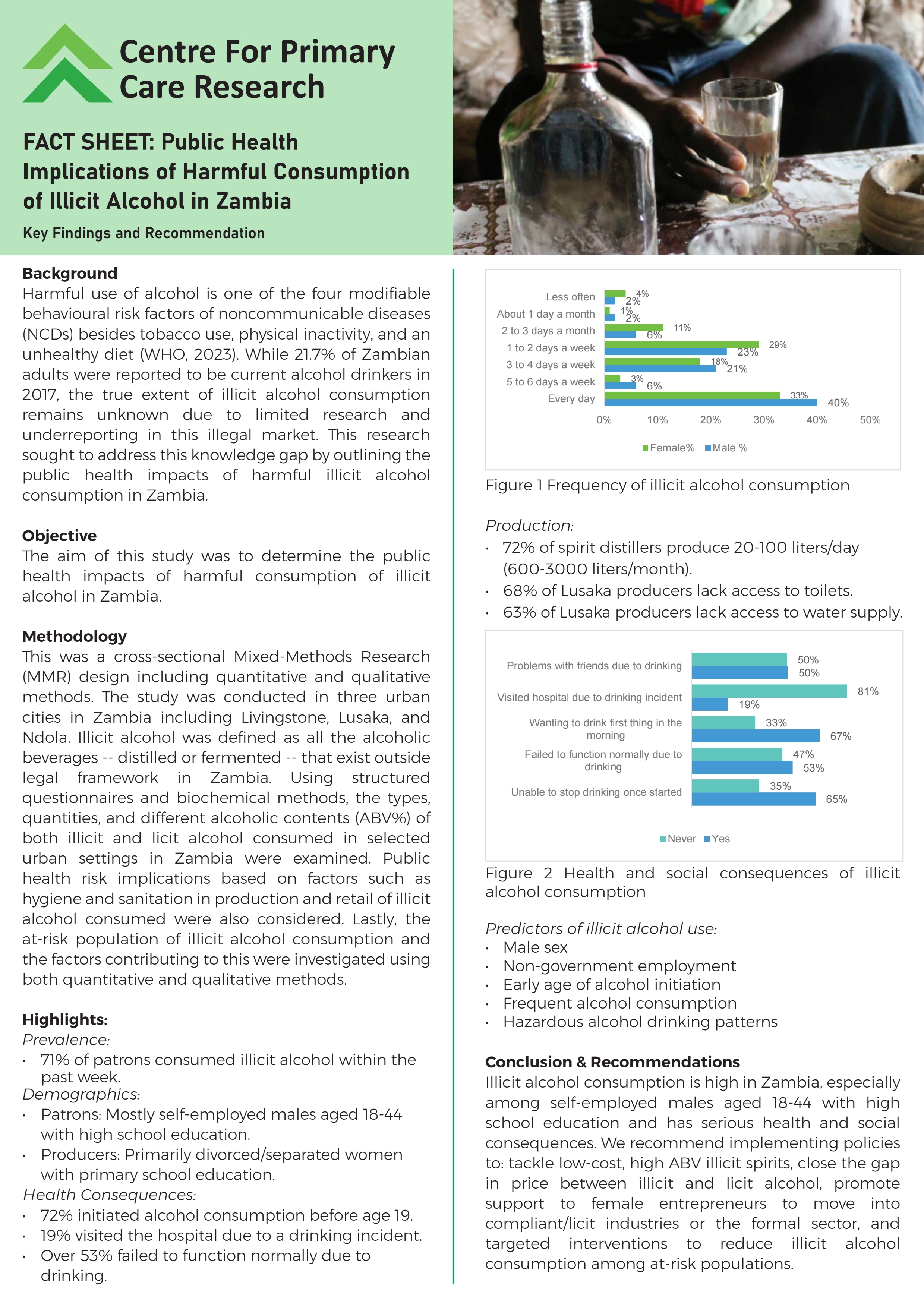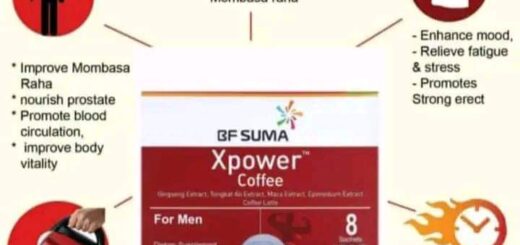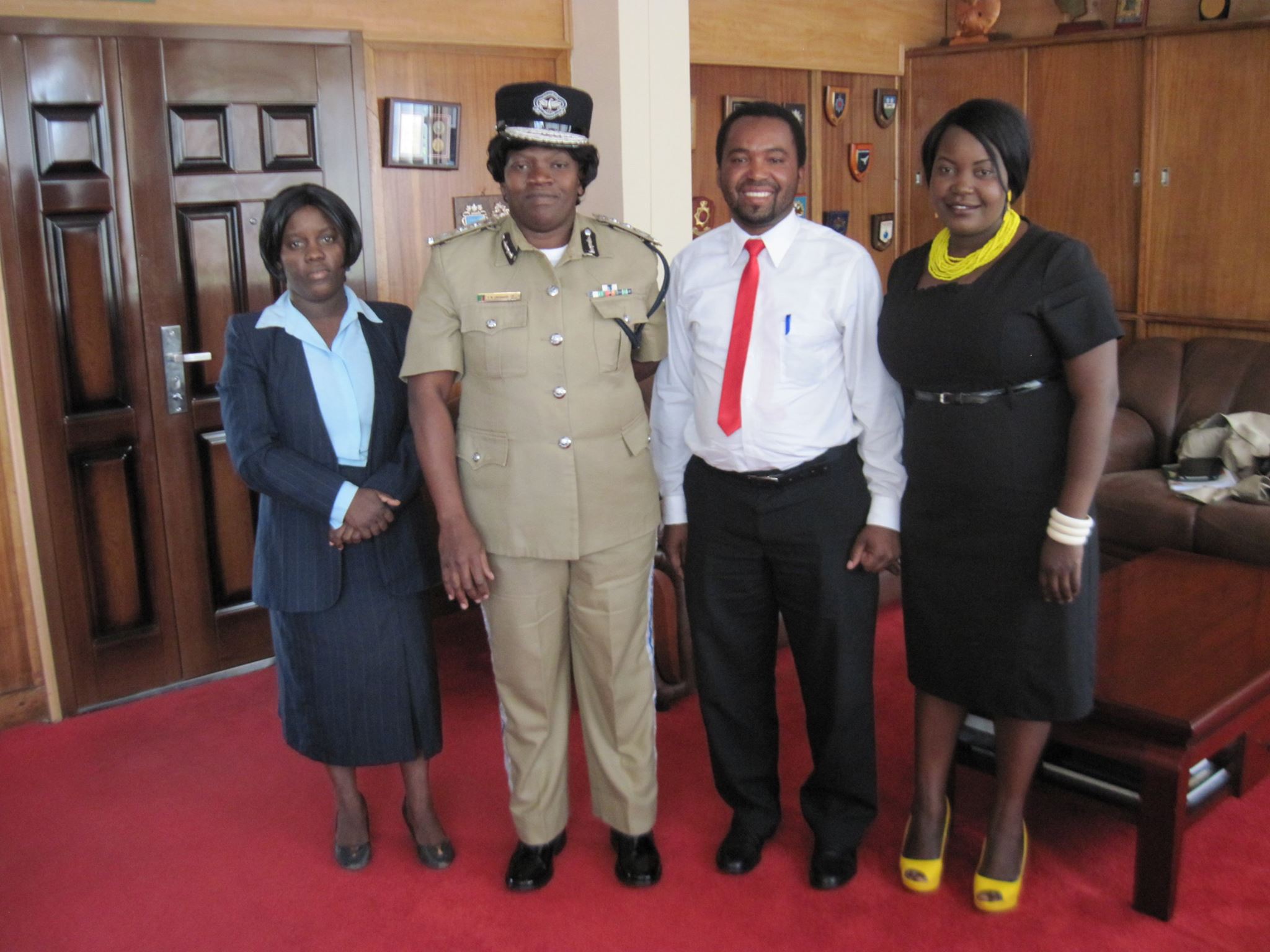Illicit Alcohol_Fact Sheet FINAL_28.11.23 Print (1)-1 Zambia
Notice: Undefined index: catFilterList in /home/zambi/public_html/wp-content/plugins/wp-likes/api.php on line 243

Illicit Alcohol_Fact Sheet FINAL_28.11.23 Print (1)-1 Zambia
Illicit
……
Zambia’s ‘Kachasu’ illicit alcohol brew time-bomb worries CPCR’s Prof. Fastone Matthew Goma
…as Gary Chilala Nkombo backs an alcohol-free Zambia
By Derrick Sinjela and Simon Banda
A Study on the Public Health Impact of the consumption of illicit alcohol in Zambia by the Centre for Primary Care Research (CPCR) laments that seventy-one percent (71%) of all alcohol consumed is illicit.
Nostalgic, CPCR Director Professor Fastone Matthew Goma recollected that a nagging alcoholism had in the past compelled former First Republican President, the late Dr. Kenneth David Buchizya Kaunda to contemplate resigning as Head of State.
In a story published by the New York Times on Saturday 3rd June, 1974, President Kaunda threatened countrymen that he would quit politics unless they drank less.
“I would rather die than “run a drunken nation,” KK, a religious man did not drink, a characteristic said to have helped curb public drunkenness.
However, late Kaunda equally drew world attention to major social problem in cities not only in his then central African four (4) million populated Zambia nation but elsewhere in Africa.
“The consumption of alcoholic drinks, mostly beer, has cut industrial development and production and Government efficiency here in Lusaka and in other cities,” grieved late Kaunda.
And 49 years later, reckless beer drinking picture is still dire, as Zambia Statistics Agency (ZAMSTATS) pegged Zambia’s total population at 19,610,769 (20 million).
The leadership of President Hakainde Sammy Hichilema and Vice President Reverend Witner Kapembwa Mutale – Nalumango need to nip this alcoholism in the bud suggests Zambian Developmental Media Alliance (ZADEMA) Executive Member, Father Sam Zulu, an Anglican priest based in the Diocese of Luapula, Luapula Province.
Presenting the findings of the study on behalf of the Centre (CPCR) at Lusaka’s Radisson Blu Hotel, on Great East Road, Senior Researcher at the University of Zambia (UNZA) School of Public Health, Dr. Cosmas Zyambo says the research team collected data from over 1,000 consumers, producers, and retailers of illicit alcohol in Lusaka (Lusaka Province), Livingstone (Southern Province), and Ndola (Copperbelt Province) in the course of the study.
Dr. Zyambo says the data collected clearly demonstrates that most distillers of the spirits were divorced, separated women with a primary school education.
Dr. Zgambo says more than seventy percent (70%) of the women produced between twenty (20) to a hundred (100) litres per day of distilled spirits in unhygienic environments.
Dr. Zyambo says the data has shown serious negative health impacts that the high level of illicit alcohol has on the youths and young adults in Zambia.
Officiating at the event, Minister of Local Government and Rural Development Gary Chilala Nkombo says the study is a critical milestone in public health management as it provides evidence-based solutions to the illicit consumption of alcohol that is anticipated to the result in interventions that will curb this life-threatening vice.
Serving United Party for National Development (UPND Alliance) Mazabuka Member of Parliament (MP), Nkombo acknowledged that scientific studies and evidence based documentation, such as the comprehensive CPCR Public Health Implications of Harmful Consumption of Illicit Alcohol in Zambia (CPCR- PHIHCIAZ) inform policy and regulation in the country and set an empirical benchmark for evidence based interventions beyond the Southern African Development Community (SADC) and Common Market for East and Central Africa (COMESA) regions.
“This study is a critical milestone in Public Health Management as it provides evidence-based solutions to the illicit consumption of alcohol that we anticipate to result in interventions that will curb this vice. I offer my commendation to this crusade.
Nkombo says in line with the National Alcohol Policy, measures curbing Illicit alcohol include banning sachets of spirits with high alcohol-by-volume content to enforcing compliance by licensing of all retailers in Zambia.
Nkombo says Government expects scientists, statisticians and researchers should complement interventions through latest evidence and data.
Preaching “Our Health is Our Wealth,” as a parlance of old, Nkombo linked Zambia’s Public Health to Economic development.
“You will agree with me that our young people as a larger proportion of our population, cannot be productive citizens if they start their day with a shot of junta. Our entrepreneurial ecosystem – the Small Businesses that are the lifeblood of our cities and towns – cannot be sustainably built and grown on a foundation of cheap and dangerous illegal spirits. Our health facilities will not sustain the burden from increasing alcohol abuse. If we are to realise socio-economic transformation, that we aspire to attain, we must eradicate illicit alcohol consumption and we help our youth to be productive. We must embrace consumers, retailers, importers, producers and distributors of alcohol. Addressing behavioural change and positive mindset which target upholding of Zambia’s moral values and ethics in communities and families, as constructive and healthy recreation,” noted Nkombo.
Nkombo reaffirmed the New Dawn Government resolve to reduce and ultimately to eradicate alcohol abuse in Zambia.
Nkombo vowed to continue enforcing regulations and to create public awareness to ensure healthy and productive citizens.
“I call for enhanced collaboration with the private sector. Faith-Based Organisations, traditional leaders. civil society and academia. We must join hands in this fight against illicit alcohol. Together, we can succeed,” admonished Nkombo.
And Africa Centre for Disease Control Africa Deputy Director, Dr. Ahmed Ogwell OUMA says the organisation is ready to work with the Zambian Government to design interventions that will assist Zambia and Africa tackle issues of illicit alcohol.
Hosted on the sidelines of the International Conference on Public Health in Africa (CPHIA) 2023, a stern Nkombo launched results of a groundbreaking study on the public health impacts of the harmful consumption of illicit alcohol in Zambia undertaken by (CPCR) on Wednesday, 29 November 2023.
Aside from Mr. Nkombo, commentary, reactions from key policymakers and stakeholders both from the Zambian public sector as well as regional and global actors were heard with opening remarks by Mr. Ackson Habanji, Director Local Government/ Chairperson-National Alcohol Policy (NAP) Coordination Committee, read on his behalf by Alcohol Concern Zambia (ACZ) President Dr. Clement Sakala.
Professor Goma praised Nkombo as an ambassador in the fight against illicit brewing and consumption of alcohol.
Later, a panel discussion moderated by Prof. Goma, saw Ms. Nora Mweemba, Health Promotions Advisor at the World Health Organization (WHO Zambia Office), Prof. Dhally Menda, Churches Health Association Zambia (CHAZ), Dr. Ravi Paul, UNZA School of Medicine, Dr. Mweene Nseluke, Ministry of Health MoH), Zambia and Mr. Mukuka Mulenga, Zambia Revenue Authority (ZRA).























